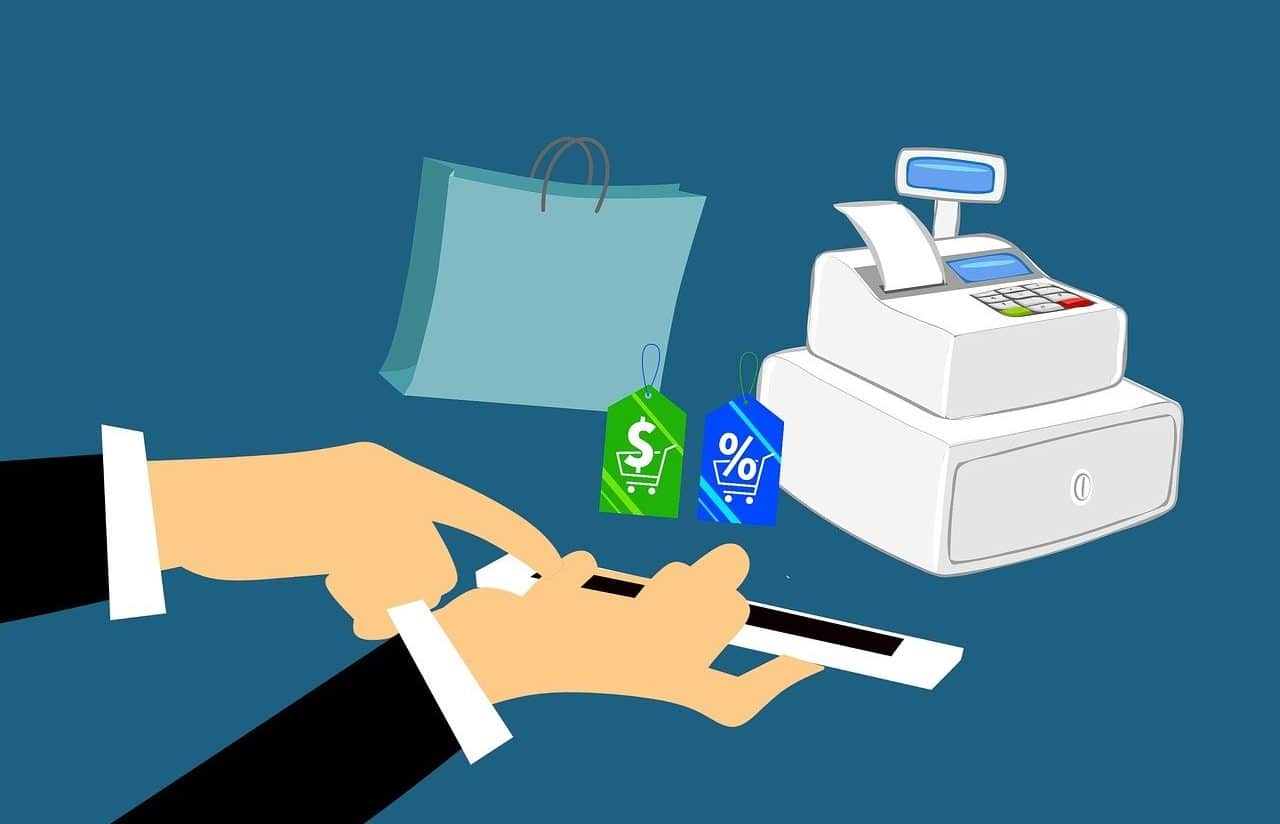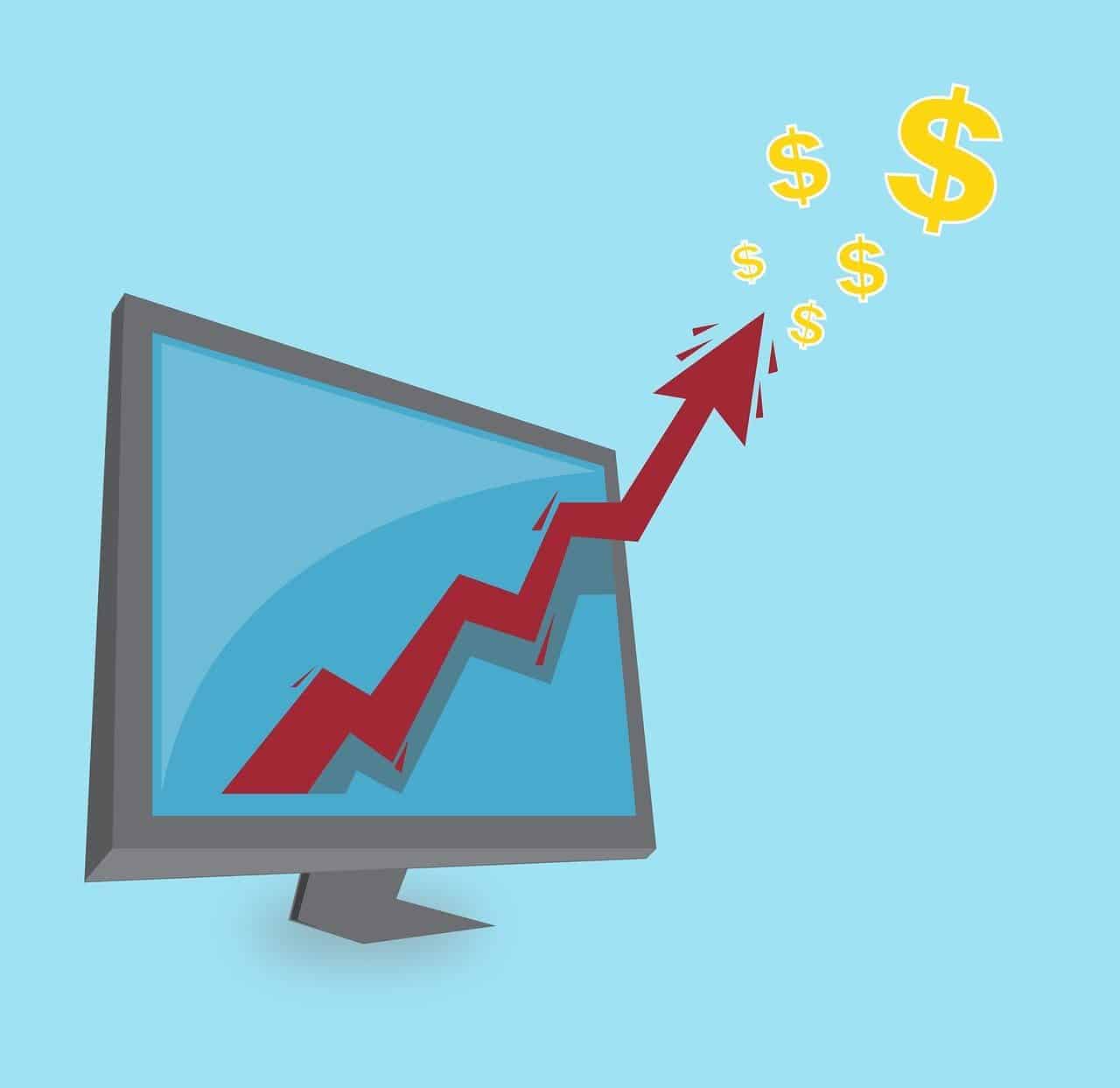
Fintech companies allow digital investments and money transfers from the phone.
A fintech is a company that offers financial services through the use of user-centered technologies . The term, which is not included in the dictionary of the Royal Spanish Academy ( RAE ), comes from the English expression financial technology (translatable as "financial technology" ).
The concept can also be used to name the fintech sector. Digital banking , payment applications, trading platforms, cryptocurrencies and the management of digital assets such as NFTs (Non-fungible Tokens) are part of this area.
Origin of the fintech sector
The origin of the fintech sector is linked to technological evolution and the application of digital resources to the banking and financial industry. In the first instance, which began to develop in the 1970s, fintech was carried out by traditional banking institutions that began a digitalization process.
Since the economic crisis of 2008 , however, digital entities began to emerge aimed at offering banking-type services but without being tied –in principle– to the same regulations that govern banks. These start-ups, therefore, were the pioneering fintechs, which took advantage of the discontent of a large part of the population with conventional entities.
Today there are neobanks : 100% virtual banks that do not have physical branches, such as Ualá , Brubank or WeBank . To these fintechs we must add each digital wallet that is active and cryptocurrencies such as Bitcoin and Ethereum that appeal to the blockchain as protagonists of the sector.
It is important to highlight that currently, although operation is governed by the particularities of each country's legislation, fintech regulation usually depends on the nation's central bank .

Fintech innovation made possible the development of various digital payment systems.
What services and products do you offer?
Fintech companies provide numerous services and products. Among the most used are transfers and payments : that is, the possibility of moving money online.
Investments also include fintech offerings. These companies are established as a channel to invest in cryptocurrencies, currencies or mutual funds (FCI), for example, in a very simple way and with the possibility of automating various actions. Likewise, these firms usually grant loans online and provide the option of contracting insurance .
Currency exchange is also part of the range of fintech. Unlike conventional banks and exchange houses, fintech companies rely on blockchain technology to record operations and also allow legal tender currencies (such as dollars or euros) to be exchanged for digital currency and vice versa.

There are fintechs that function as online investment platforms.
Advantages of fintech
Time savings is the main advantage that fintech offers to users. From a phone, it is possible to pay services or taxes; collect from the sale of a product or the provision of a benefit; transfer money, etc.
These types of operations, until a few years ago, required going to a bank branch, waiting to be served, and completing various bureaucratic steps. With ATMs, some processes were simplified, but physical travel to a location was still necessary.
Simplicity , therefore, is the strong point of a fintech. Accounts are opened with your phone: you just have to download an application, verify your identity (through a photo of your ID and/or face, among other biometric authentication methods) and register certain basic data. Opening a savings account in a bank, on the other hand, requires you to go to the branch, wait your turn, present various receipts and even sign documentation.
For entities, virtuality allows for cost savings . It is cheaper to provide services through an app than to open and maintain a branch in a building. This therefore contributes to providing more economical services since high costs are not passed on to clients.
All these issues mean that fintech contributes to the lower social classes making use of financial services to which they did not previously have access, thus promoting their (digital) banking . Likewise, for an entrepreneur it is easier to collect through a QR payment from a fintech than by using banking infrastructure. Microcredits and crowdfunding are other widely accepted fintech solutions.
We cannot fail to mention, on the other hand, that fintech companies take advantage of artificial intelligence and big data to provide personalized reports to their users, helping them to precisely know the composition of their expenses and suggesting investment alternatives.
The importance of security
Cybersecurity in fintech is key. Companies must guarantee the care of the digital identity of their users and protect information in payment processing, among other issues that must be addressed.
The cybersecurity policy must include resources and instruments to prevent phishing and other methods of cybercrime. Updated antivirus and firewalls are therefore necessary.
Although fintech risks are often mentioned frequently, it must be taken into account that traditional banks currently also provide their services via the Internet, so the risks are similar.
